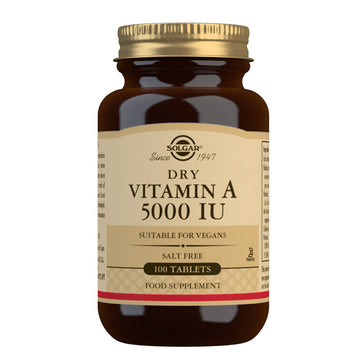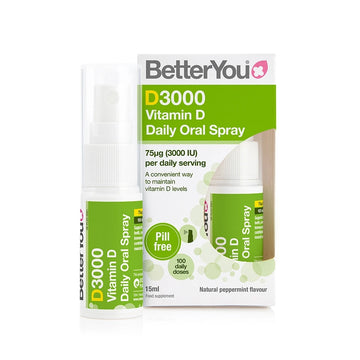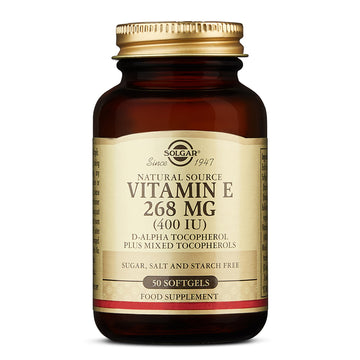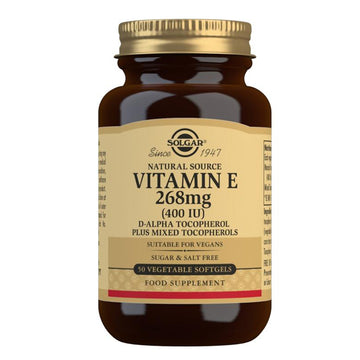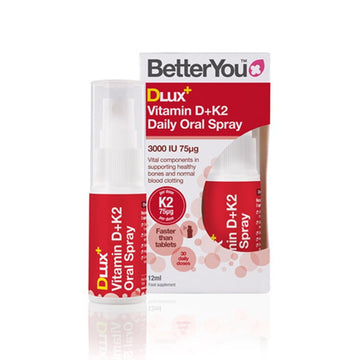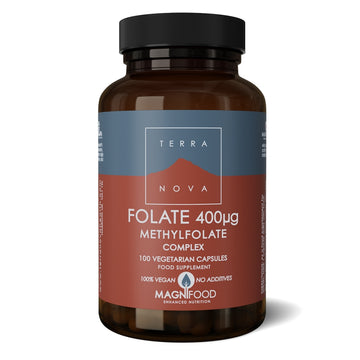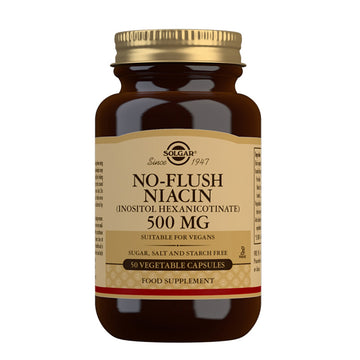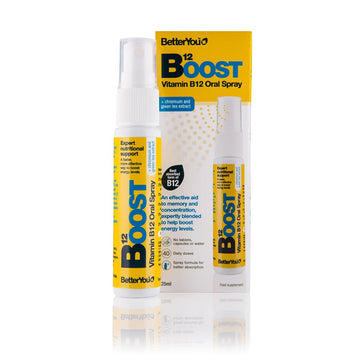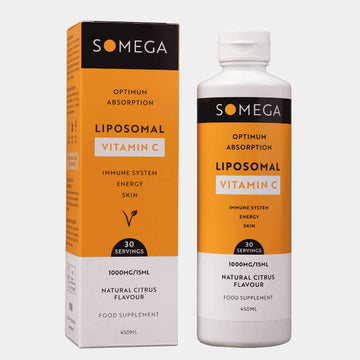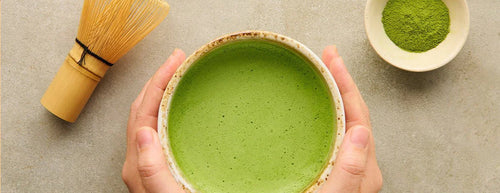There are certain minerals your body needs day in day out. Minerals are essential nutrients that are found in the food we eat, both plant and animal sources. They're not needed to provide energy or calories but rather to regulate and assist important functions in the body such as hydration, metabolic functions and cell growth. There are many essential minerals your body needs, the most important of which we'll be talking about below, plus where to get them!
Essential Minerals Your Body Needs
Your body needs its fix of certain essential minerals from calcium to magnesium. We delve in to the essential minerals your body needs and how you can work them in to your diet.
Calcium
Calcium is vital for maintaining healthy teeth and bones. It works hand in hand with vitamin D and when it's lacking, it can contribute to the development of osteopenia/osteoporosis. It also plays an important role in the normal function of heart, nerve and muscle cells.
Calcium supplements should be taken in conjunction with vitamin D and may be recommended by your doctor along with other medication for the treatment of osteoporosis. Children, postmenopausal, pregnant and breastfeeding women should maintain a diet high in calcium.
Excessively high blood levels of calcium are more rare but can arise due to certain medical conditions. This can cause symptoms affecting the bones, digestive and nervous system.
Where to get it:
- dairy products such as milk, cheese and yoghurt.
- It can also be found in fish eaten with its bones (tinned salmon)
- green vegetables
- some fortified products such as juice
Sodium Chloride (Salt)
While not used as a supplement, salt is widely used by individuals to season food. Although salt is an important component in maintaining normal chemical reactions in the body such as in the heart, nerves and muscles and hydration levels (through the kidney), it is commonly consumed in excess and may lead to high blood pressure.
It's rare that low salt levels can occur but would be most commonly found in the elderly, as a result of blood pressure medication for example. Careful replacement needs to be undertaken under medical guidance/monitoring.
Where to get it:
Sodium chloride is found naturally in many foods such as:
We should be taking our salt from sources such as these. Unfortunately, salt is added to many foods as a preservative and flavour enhancer as well as in cooking. The more processed a food, the more likely it is to have a high sodium level.
Potassium
This electrolyte acts as a counter balance to sodium and plays a vital role in the kidneys, nerves, muscles and heart cells. A potassium deficiency tends to occur secondary to some medical conditions or medication. Normal levels play a role in controlling blood pressure. Potassium supplementation should only be taken if your levels are being monitored by a healthcare professional.
Where to get it:
Magnesium
Magnesium is another of the important minerals your body needs. This mineral is also crucial to maintaining normal function of cells in the immune system, heart cells (heart rhythms), muscles and bones. Low levels can occur through a lack of dietary magnesium or as a result of some medical conditions or treatments such as blood pressure medication.
Research is ongoing but there is thought to be a link between low magnesium levels and some diseases such as diabetes, cardiac disease, hypertension, osteoporosis and migraine. Read more about the health benefits of magnesium.
Where to get it:
- green leafy vegetables
- nuts
- whole grains
Iron
Iron is another of the essential minerals your body needs. It's responsible for carrying oxygen around the body in our red blood cells. It has a role in muscles and other metabolic reactions. Low iron levels can lead to anaemia. This can occur due to low dietary intake but also due to increased demand – such as during pregnancy or heavy periods. Pregnant women may be advised to commence iron supplementation when their levels are checked during antenatal care.
Ireland has one of the highest rates worldwide of haemochromtosis. Haemochromtosis is a genetic condition where excessive iron accumulates in the body. It is rare to have low iron levels in postmenopausal women or in healthy men. As iron can accumulate in the body with harmful effects, these groups should take care when choosing a multivitamin to ensure there isn't a high iron level.
Where to get it:
- red meat
- poultry
- fish
- green leafy vegetables
- legumes
- pulses
Simultaneous ingestion of vitamin C for example orange juice will help absorption of plant sources of iron.
Selenium
Selenium has antioxidant properties. Research is underway investigating its role in the immune system.
Where to get it:
- milk
- poultry
- seafood
- fish
- whole grains
- brazil nuts
Zinc
Zinc has antioxidant properties and may have a role in healthy immune function and in normal growth, development and reproduction. It is currently being used in conjunction with vitamin E and other supplements under medical supervision for management of macular degeneration.
Zinc is used in creams to assist wound healing/nappy rash. Further research is ongoing into the role for zinc supplements in fighting illness such as coughs and colds.
Where to get it:
- meat
- milk
- fish
- seafood
- wheat germ
- whole grains
Iodine
Iodine is another of the important minerals your body needs. Iodine plays a vital role in normal thyroid development and function. It is naturally occurring in the sea and soil, so there can be geographical variances to low dietary iodine.
Thyroid disease and iodine deficiency should be diagnosed and managed medically. All babies born in Ireland are checked for normal thyroid function at birth. This can occur due to deficiency of iodine in pregnancy in the ‘heel prick’ test.
Where to get it:
- seaweeds
- shellfish
- milk and dairy products such as cheese and yoghurts
- eggs
- cranberries
- strawberries
Should minerals be taken in supplements or in food? Which is better?
The key to achieving a balance of all these essential minerals your body needs is through a varied diet. The diet must be rich with fresh fruit and vegetables, whole grains, nuts and seeds. Animal/dairy sources are important especially when it comes to iron and calcium. This is an area that vegetarians/vegans should be more aware of. Some commonly used foods such as milk and cereals can play an important role in achieving the desired daily intake.
For certain people, there are recognised benefits to taking minerals in supplement form. Minerals in food, however, are not stand alone. In a carrot for example more than one mineral may be present and in various forms. Potassium, magnesium, calcium, selenium, iodine along with other trace minerals can be found.
It will also contain dietary fibre and other nutrients such as many vitamins and phytochemicals. It is the interactions of these elements and additional nutrition that likely give the overall health benefits.
Please note, this blog is for informational purposes only and should not replace medical advice.
It’s always best to consult your doctor before taking any new supplements, treatments or remedies if you are pregnant, breastfeeding or on medication.
Checked and updated: 8 August 2021



